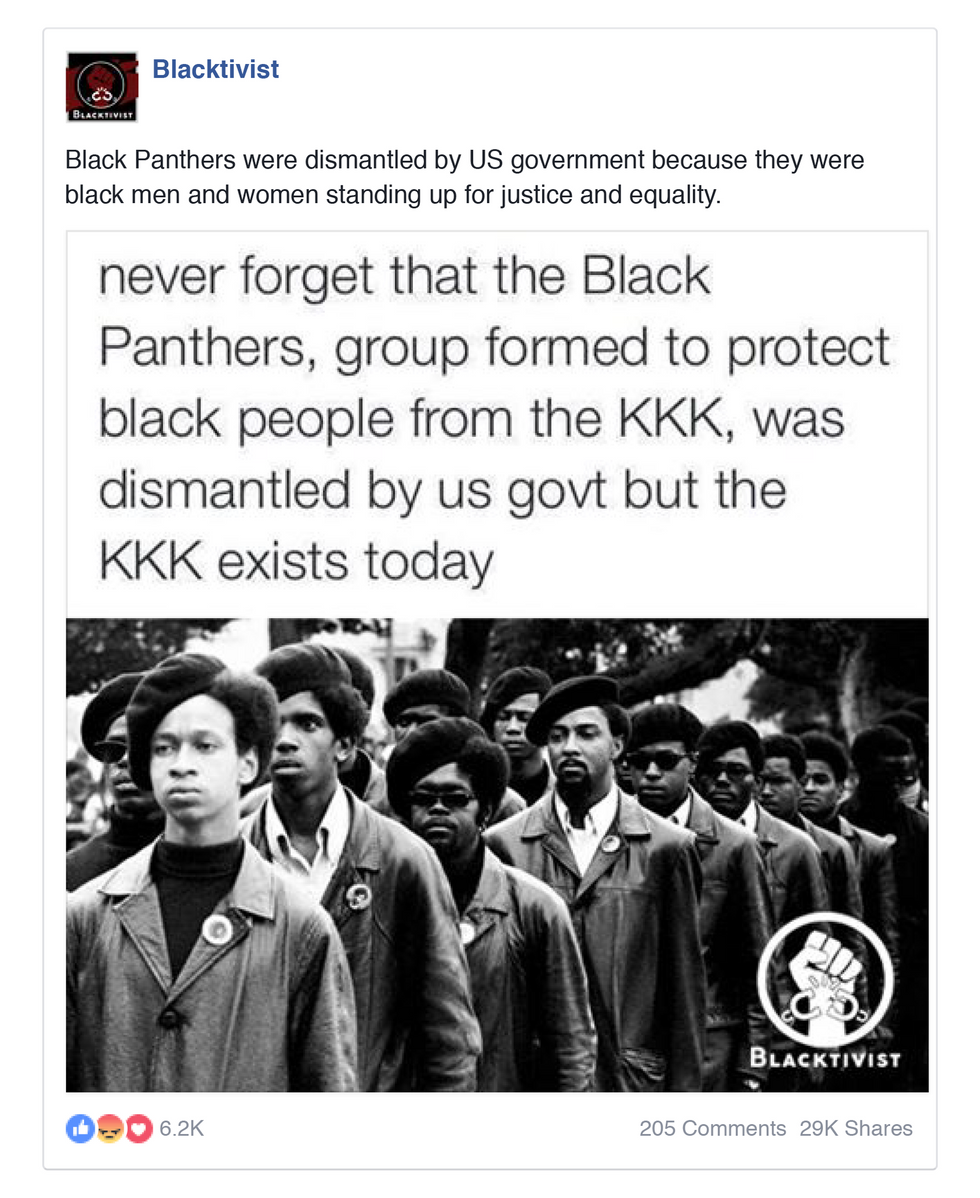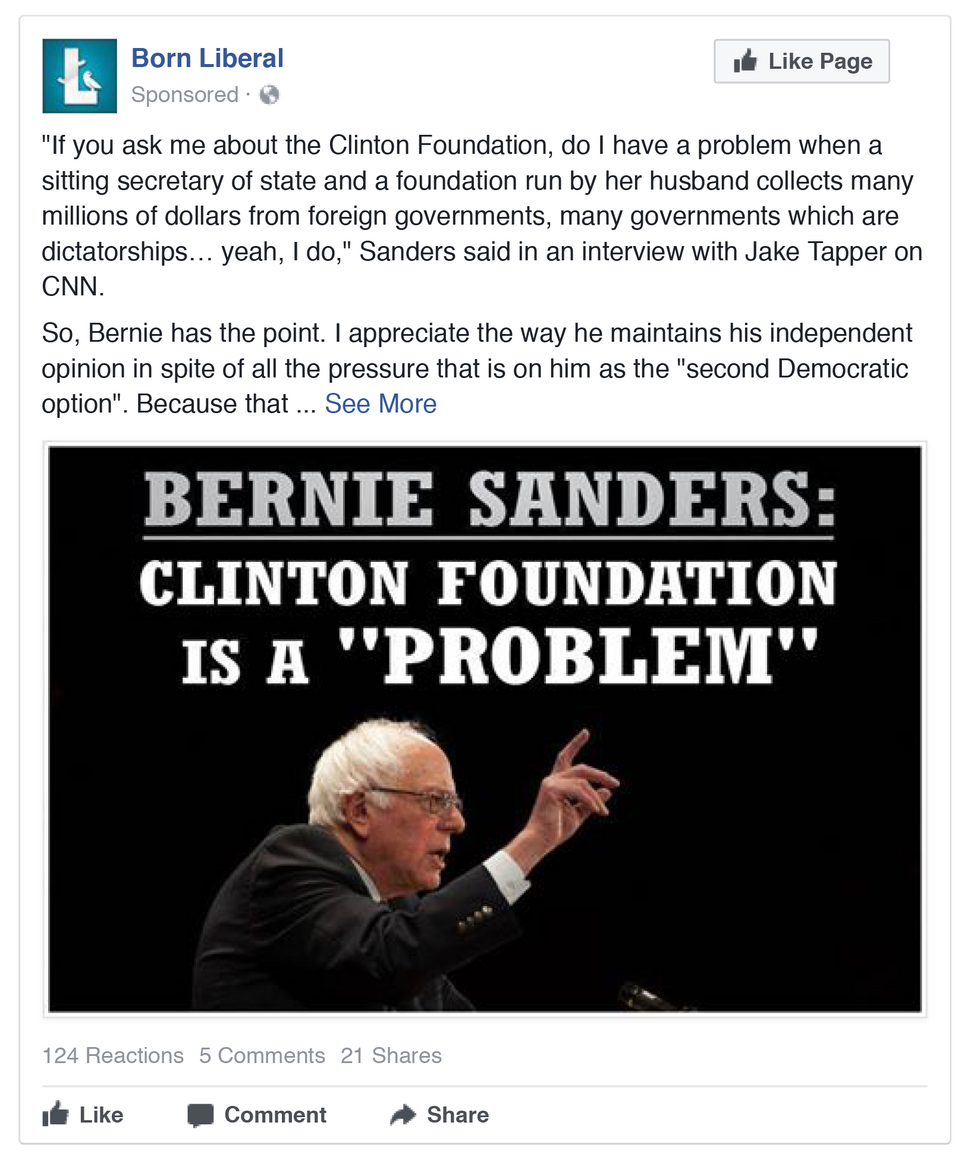Social media is everywhere. It permeates multiple aspects of a modern American’s existence; you could even argue that it has almost entirely restructured the way people get news, learn, and communicate in our society. People create and maintain relationships online. Public discussion takes place almost entirely on internet platforms, and a wide range of information sharing is easier than ever before. All of this is possible because of the scope and utility of websites like Facebook, Twitter, Instagram, Reddit, or Google+.
If you’re reading this article, chances are you found it via some sort of online social network, and it was probably one of the big five I just listed.
Over the past decade, Facebook has become the most popular social media site in the United States and is used by nearly 80% percent of Americans. In 2016, over half of Americans admitted to primarily using social media for news about the presidential election, which leads us to the conclusion that a huge swath of the population looked to Facebook as their principal source of election information.
Obviously, this leads to a lot of problems. One of these problems is known as the “echo chamber” effect. All this means is that the nature of online interactions allows people to surround themselves with opinions that fit their pre-existing beliefs while isolating themselves from any sort of criticism or opposing views. For example, if you are someone who hates cats but loves dogs, you will only follow accounts that agree that dogs are the best, and block pages or accounts that say anything contrary to that belief.
The issue with creating these echo chambers is that it prevents people from having to really examine their own opinions or respond to criticism, and it reinforces and even amplifies what you already think is correct. So, rather than being forced to explain why dogs are great or listen to why some people love cats, your love of dogs grows and grows until you are literally incapable of believing anything else (and your dislike of cats turns into straight hatred).
Add to this the methods that Facebook uses to connect you with people who have the same opinions. Using various algorithms, the platform is able to suggest accounts, promote pages, and put certain posts on your feed based on what content you interact with. If you only ever like dog pages, Facebook will connect you with recommended dog pages and accounts, and your echo chamber becomes even more amplified and insulated.
As these echo chambers become more and more extreme, people become less inclined to question the sources from which they get their information. Why question a source if it tells you that what you think is right? According to the American intelligence community, the Russian government used widespread, sophisticated cyber warfare to intervene in our 2016 election via social media to create civil division and propel Donald Trump to the presidency. Russian “internet trolls” created hundreds of fake accounts, bought thousands of advertisements, and disseminated countless provocative posts that were viewed by over 126 million American Facebook users.
Although many of these ads targeted conservative audiences, the Russians also sought to galvanize liberal users. By capitalizing on the echo chamber effect, a hostile government was able to spread hundreds of false news stories and polarize American voters.
It is clear that Facebook’s current systems, as well as those of other social media companies, perpetuated the formation of online, ideological echo chambers and allowed the proliferation of blatantly fictitious “news” articles. What began as simple difference in preference between dog and cat lovers evolved into an all-out internet civil war, where people claimed that dogs could fly and cats caused cancer, all because the hamsters took advantage of our social media setup and spread fake, incendiary information.
It is time for these companies to take a good, hard look at how they function, who they function for, and whether they wish to continue to be complicit in the foreign manipulation of American democracy and society.























